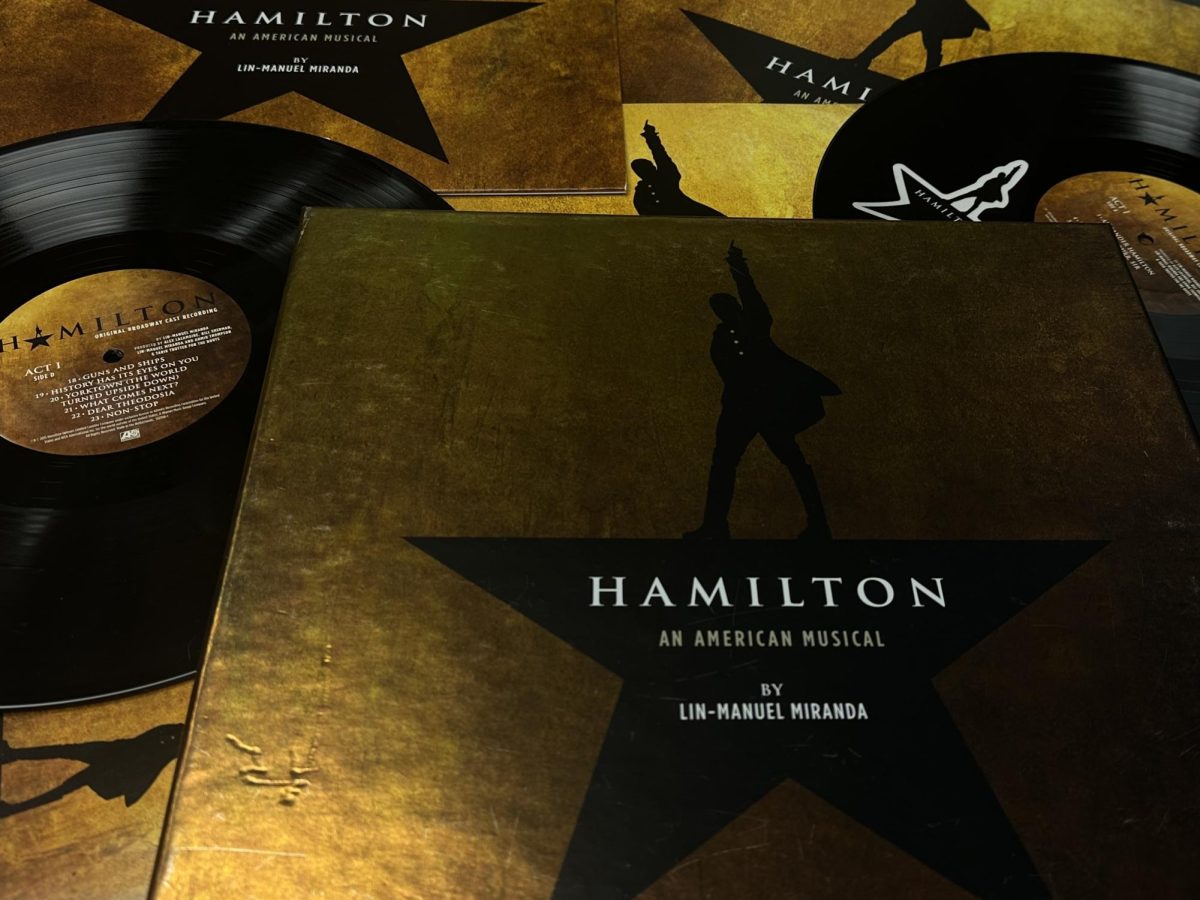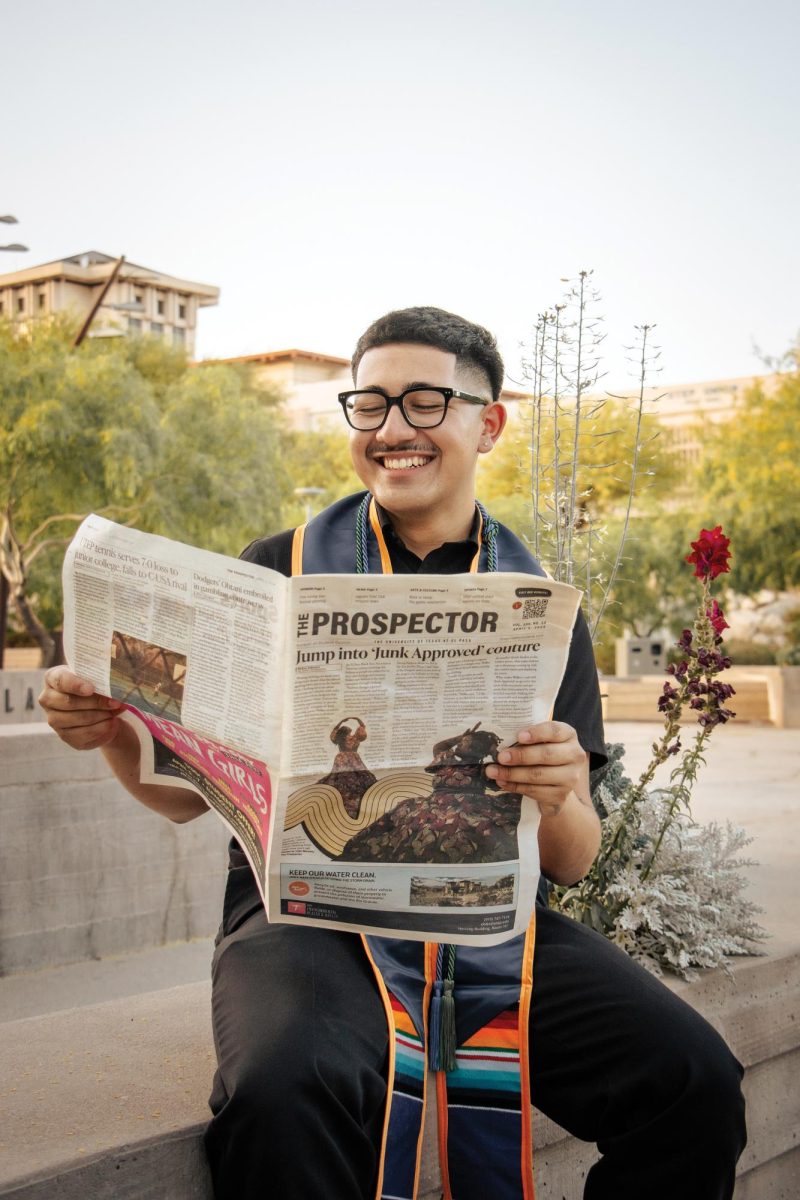Imagine a world without artists—a world without literature, philosophy, history, music and linguistics. It’s a gray, gloomy world, and one that is becoming more of a reality every year. In an era fixated with science, technology and data, the humanities are in a decline.
Fewer students are studying liberal arts than they did a few decades ago. A recent study by the American Academy of Arts & Sciences, through its Humanities Indicators project, found that the number of bachelor’s degrees in the humanities that were earned in 2015, the last year for which there is data, was down nearly 10 percent from three years earlier.
The value of a liberal arts education has been debated over the course of this digital renaissance we find ourselves in. Some question an education that doesn’t explicitly provide training in hard job skills—such as a liberal arts degree—while others push back, noting that employers increasingly are seeking soft skills or the problem-solving and critical-thinking abilities that these majors bring to their jobs.
When we are surrounded by such rapid advances in science and technology, the study of fields like literature, art history and philosophy, can seem to some a waste of our collective time and talent. It is common to hear today, in the era of big data and STEM—science, technology, engineering and mathematics—that liberal arts degrees are relatively worthless.
What is someone with a degree in English literature going to do with it besides teach?
It’s understandable that art degrees don’t always provide an obvious trajectory from major to career, but there are still plenty of reasons why students should major in a liberal arts subject. Studying liberal arts is vital for the ways in which it teaches us how to be human. Art and design classes train students to find creative solutions to contemporary problems through visual awareness, problem solving and cultural understanding. History and philosophy classes teach us about our ancestors in hopes that we don’t repeat their mistakes and provide a framework of how the world and those who inhabit it live.
Criticism aimed at the humanities has only grown over the years, with some colleges across the country and even the current administration in Washington pondering the eradication of liberal arts degrees. Part of the problem is our culture. Aided by technology and dominated by data, we’ve come to value speed and instant answers over leisurely thought and complex questions. The instant gratification of Google has made us lazy, despite having the largest library humanity has ever known in the palm of our hands.
Liberal arts have always been full of marketable skills: communication, critical thinking and writing skills—they’ve just been terrible at marketing these assets, not only to employers, but to the very students acquiring them.
At first, I did not consider writing as an option when I first enrolled at UTEP, but I fell in love with my first college-level English and writing classes. It changed my life. That is what happens at college: you find a life-long passion, if it is offered.
The liberal arts emphasize essays over exams, discussion over lecture, creativity over memorization — all principles that have shaped the way I learn, communicate and do business. Liberal arts degrees not only offer knowledge, but cultivate habits of the mind that allow graduates to mature into successful, productive members of society, who can appreciate others, experience and embrace the notion of empathy and seek lifelong learning.
Having a liberal arts degree isn’t the hottest ticket in our tech-heavy world, but being amazing at what you do is. We don’t need to fit a narrative. We’re quite fine making progress, building things, having ideas, being real people with real achievements and ambitions and not cardboard cutouts.
Follow Jake Deven on Twitter @jakedeven





